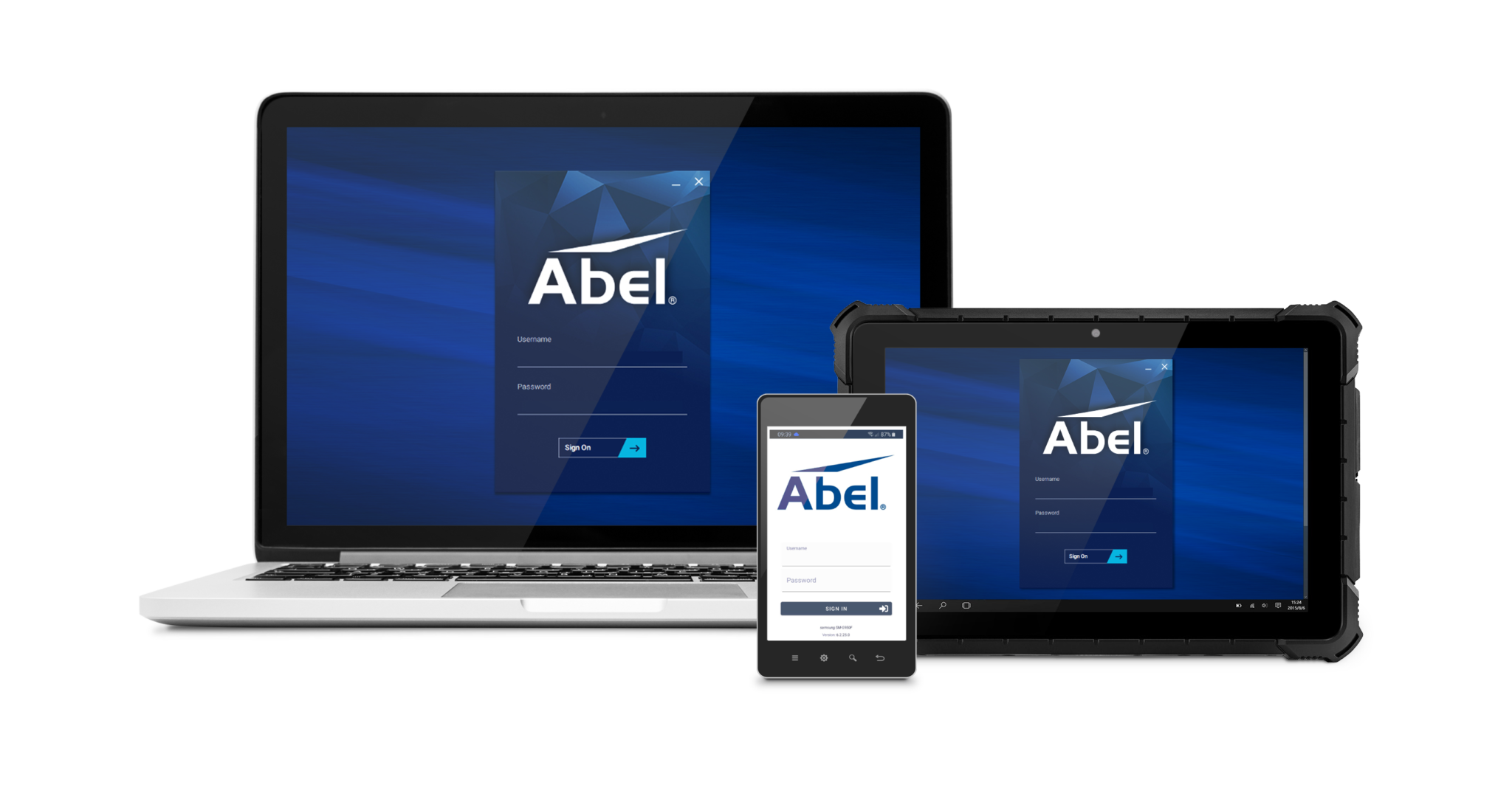Inter-Company Trading
When parts of your organization trade with one another, especially across databases, the paperwork can be excessive and wasteful. Abel’s inter-company and inter-database documents both minimize and automate your trading and financial transactions
Print Page
Abel features

-
Inter-Company Trading
Inter-Company Trading
As any multi-location business knows, separate locations or business units often have a very high degree of interdependence and share multiple inter-company transactions. These include buying goods for each other, transferring inventory, manufacturing goods, paying creditors, receiving debtor payments or paying for goods on behalf of each other.
For Abel installations that include multiple Companies, Abel provides several styles of inter-company trading to suit most requirements.
Inter-Company Trading processes can be used:
- Between different Companies
- Between Branches that are in different Companies
- Between different Abel databases
- Between Companies in the same Abel database
Abel’s standard Customer and Supplier Documents can be used for stock processes, manufacturing processes or accounting between different Companies (or between Branches that are in different Companies). They can be used to complete customer orders using stock from other Companies’ Branches or for other processes between Branches that are in different Companies.
The inter-company processes can be configured in different ways to suit most requirements.
These are three examples:
- A sale and purchase process
- An inter-company accounting approach
- An inter-company branch invoice / branch transfer
-
Sale and Purchase Process
Sale and Purchase Process
Standard Abel documents are configured to achieve the inter-company sale and purchase process of stock / inventory between different companies (or between branches that are in different companies).
- A Supplier Order creates a Customer Order in a different company
- A Customer Despatch creates a Supplier Delivery in a different company
- A Customer Invoice creates a Supplier Invoice in a different company
- Abel automatically creates intercompany accounting as necessary
The two companies can be in the same Abel database or in different Abel databases as shown in this diagram:

-
Inter-Company Accounting
Inter-Company Accounting
This approach uses fewer documents combined with inter-company accounting to effect stock transactions between different companies (or between branches that are in different companies):
- A Supplier Order creates a Customer Order in another company
- A Customer Despatch creates a Supplier Delivery in the other branch / database
- Abel automatically creates intercompany accounting as necessary
The two companies can be in the same Abel database or in different Abel databases as shown in this diagram:

-
Inter-Company Branch Transfers
Inter-Company Branch Transfers
Inter-Company Branch Transfers can be used for stock / inventory transactions between companies (or between branches of different companies). The two companies can be in the same Abel database or in different Abel databases.
This example shows a process configured with inter-company Supplier Purchase Order / Customer Order and Branch Invoice / Branch Transfer. Abel automatically creates intercompany accounting as necessary.
The inter-company branch invoice / branch transfer can handle different currencies and different tax regimes.
You can optionally use a Branch Debtor and Branch Creditor for inter-company settlement, though this is not necessary.
-
Inter-Database Customer Invoices
Inter-Database Customer Invoices
Abel’s inter-database Customer Invoice Transfer enables you to copy a customer invoice to another database where it will complete its life-cycle. It is most often used for managing large debtor accounts that are managed centrally or nationally.
Example:
- A Branch raises an invoice and then transfers it to a central debtor where it will complete its life-cycle.
- The transfer process settles the customer invoice in the branch and creates it in the central database.
- Staff in the central database send all invoices to the customer and the customer makes one payment.
The invoices are then settled in the Central database debtors.

What our customers say:
Latest Abel News
Jobs with Abel
April 29, 2024
Jobs Orders can track costs for maintenance and repair work and other jobs where the parts and labor costs cannot be predicted in advance. For example, engine re-conditioning or equipment repairs. Abel’s Jobs Orders also provide for sophisticated pre-quoting and… Read more »
... Read More >